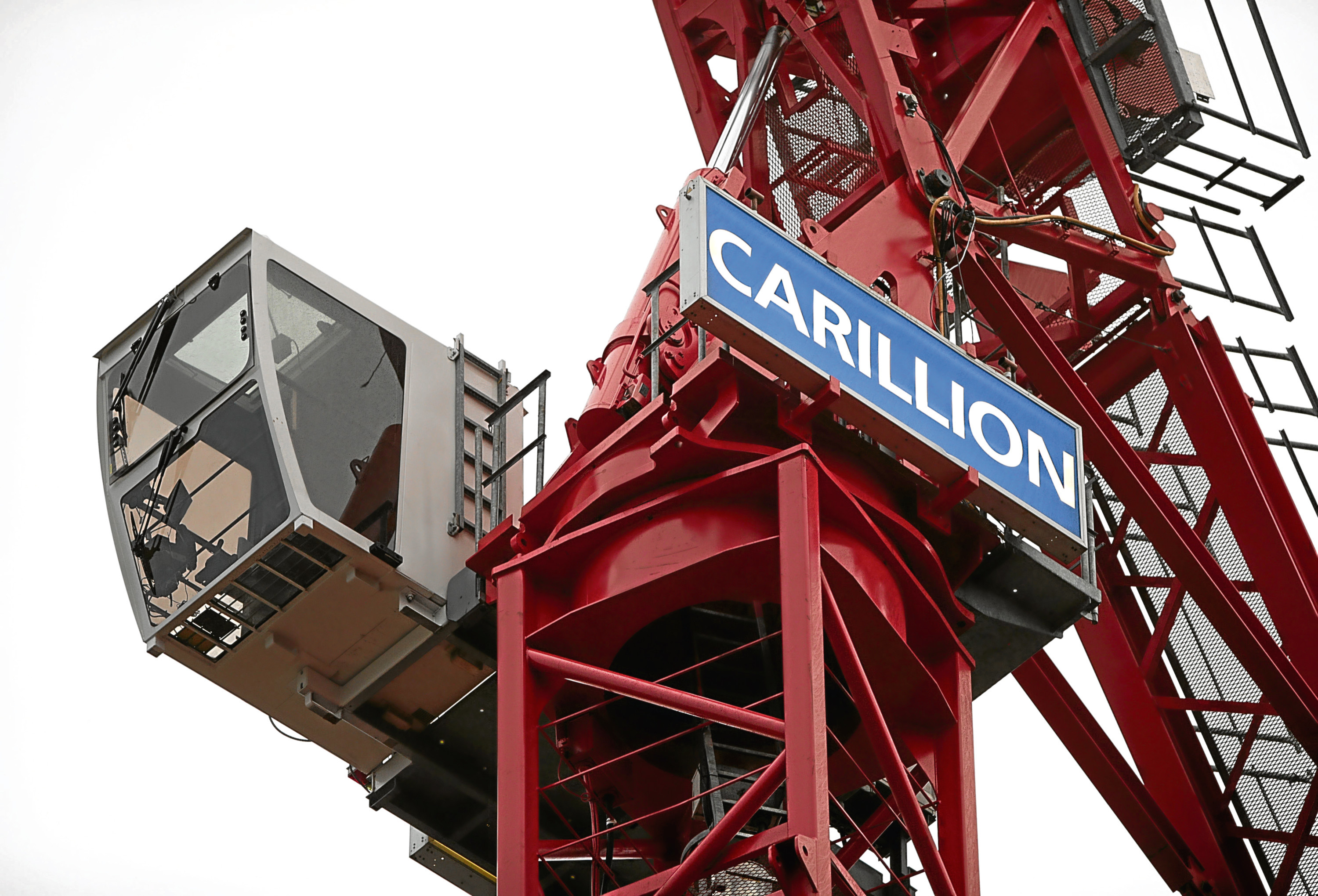
THE collapse of engineering giant Carillion will cost taxpayers an estimated £148 million and have a significant impact on workers, investors and firms which supplied it with goods, a report reveals.
The National Audit Office said it could take years to establish the final cost of the liquidation, while the £2.6 billion pension liabilities will have to be compensated through the Pension Protection Fund.
A report into the Government’s handling of the crisis said Carillion’s non-government creditors are unlikely to recover much of their investment.
The scale of a profit warning issued by Carillion last July came as a “surprise” to the Government, said the NAO.
The Cabinet Office began contingency planning for the possible failure of Carillion shortly after the profit warning, accelerated the process in October, and it was complete by January 15 when Carillion collapsed, said the report.
Carillion’s 2016 accounts were published in March 2017 and showed the company as profitable and solvent.
The Cabinet Office raised Carillion’s risk rating from amber to red in response to the July 2017 profit warning, but it did not increase it to the highest risk as it did not want to risk precipitating Carillion’s financial collapse, said the NAO.
“In the months following Carillion’s first profit warning, the company announced £1.9 billion of new Government work, including £1.3 billion of HS2 contracts.
“Many of these contracts had been agreed before the profit warning, although in some cases contracts were signed, or variations agreed, afterwards,” said the report.
Carillion asked the Government for £223 million in January to help it through to April and additional support with its financial restructuring, said the report, adding: “Rather than provide this, the Cabinet Office decided it was better that Carillion enter into a trading liquidation, because it had serious concerns about Carillion’s business plans, the legal implications, potential open-ended funding commitments, the precedent it would set, and the concern that Carillion would return with further requests.”
Around two-thirds of Carillion workers – 11,638 – have found new jobs but more than 2,300 have been made redundant and 3,000 are still employed on contracts.
Amyas Morse, the head of the NAO, said: “When a company becomes a strategic supplier, dependencies are created beyond the scope of specific contracts.
“Doing a thorough job of protecting the public interest means that government needs to understand the financial health and sustainability of its major suppliers, and avoid creating relationships with those which are already weakened. Government has further to go in developing in this direction.”

Enjoy the convenience of having The Sunday Post delivered as a digital ePaper straight to your smartphone, tablet or computer.
Subscribe for only £5.49 a month and enjoy all the benefits of the printed paper as a digital replica.
Subscribe